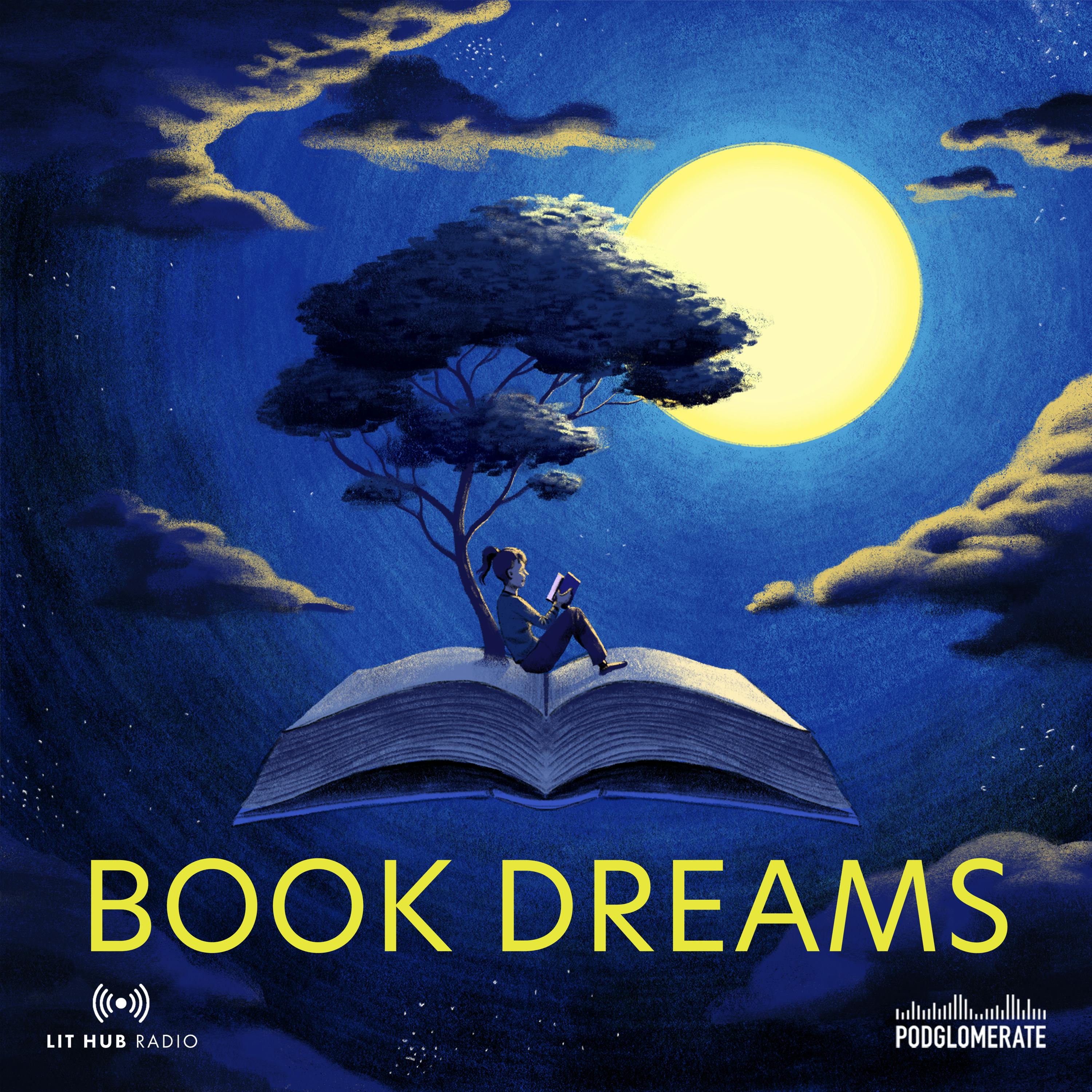Ep. 126 - Read Dangerously, with Azar Nafisi
Description
How can reading a novel become an act of political rebellion? This is one of the important questions we take up with Azar Nafisi, author of the memoir Reading Lolita in Tehran. Azar’s latest book is Read Dangerously: The Subversive Power of Literature in Troubled Times. In it, she focuses on the parallels and connections between the totalitarian mindset in Iran and totalitarian tendencies in the United States. Azar notes that tyrants and writers in both countries seek to recreate reality, tyrants by telling us that the truth is what they say it is, and writers by excavating the actual truth.
“In Iran, like all totalitarian states,” Azar says, “the regime pays too much attention to poets and writers, harassing, jailing, and even killing them. The problem in America is that too little attention is paid to them.” The solution? “Reading literature and philosophy will teach you to have an independent mindset,” Azar explains. “It teaches you to be generous towards others, to not live on hate. … One of the things that is fascinating to me about fiction is that by structure, it is democratic. … A novel is comprised of different characters from different backgrounds–gender, race, ethnicity, religion. … The plot moves forward through creating tensions within and between these characters. Even the villain, even the bad guy has a voice of his own. So fiction becomes dangerous. These two aspects of it are anti-totalitarian: its democratic structure and its search for truth.”
Azar Nafisi is the author of the multi-award-winning New York Times bestseller Reading Lolita in Tehran, as well as Things I've Been Silent About and The Republic of Imagination. Formerly a fellow at Johns Hopkins University's Foreign Policy Institute, she's taught at Oxford and several universities in Tehran, and she's currently Centennial Fellow at Georgetown University's Walsh School of Foreign Service. Azar's writing has appeared in publications including The New York Times, The Washington Post, The New Republic, and The Wall Street Journal.
Find us on Twitter (@bookdreamspod) and Instagram (@bookdreamspodcast), or email us at [email protected].
We encourage you to visit our website and sign up for our newsletter for information about our episodes, guests, and more.
Book Dreams is a part of Lit Hub Radio and the Podglomerate network, a company that produces, distributes, and monetizes podcasts. For more information on how The Podglomerate treats data, please see our Privacy Policy.
Since you’re listening to Book Dreams, we’d like to suggest you also try other Podglomerate shows about literature, writing, and storytelling like Storybound and The History of Literature.
Learn more about your ad choices. Visit megaphone.fm/adchoices
More Episodes
Why, oh why, does Eve make Julie take on questions that no person on the planet wants to be forced to think through out loud on air? (Three guesses who wrote this description.) The question this time: Is there free will? Julie's answer: .... Never mind. Skip Julie's answer and go straight to...
Published 04/26/24
Published 04/26/24
Our theme for this episode is book connections—times when one book leads us to thoughts of another or inspires us to read further. It’s one of our very favorite aspects of reading: escaping into the world of one book, then tying it together with the world of another. Eve talks about two pairs of...
Published 01/18/24


